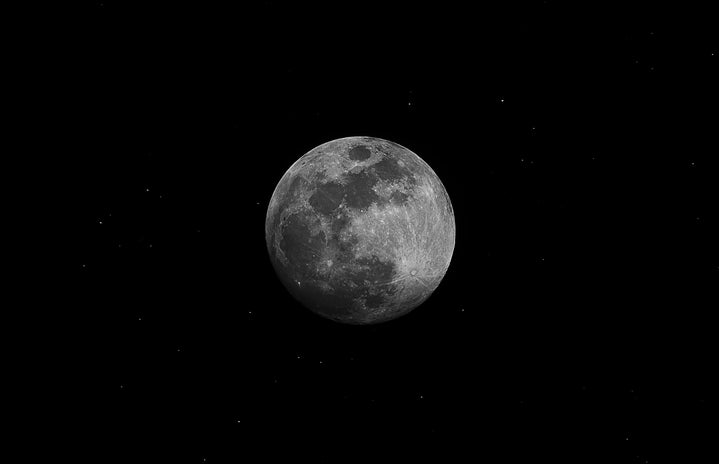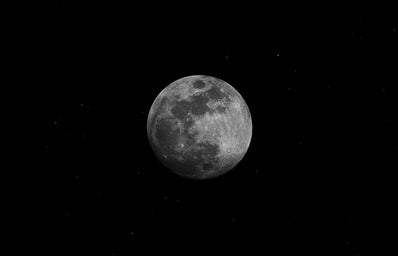What is Ramdan?
Ramdan is considered to be the holiest month in the Islamic lunar calendar. The holy month begins when the new moon is sighted in the city of Mecca, and it changes every year. During this time, Muslims refrain from drinking and eating from sunrise to sunset. While this sounds difficult to those who have never fasted before, Muslims who partake in this month do not wish to be pitied. This is not a month of difficulty but rather a month of growth, self-realization, self-control, and a month Muslims look forward to.
What Do Muslims Do During the Month of Ramdan?
1.During Ramdan, Muslims refrain from smoking, backbiting, lashing out, swearing, sex, and indulgence. If we can refrain from things that we need to keep ourselves alive, such as consuming food and water from sunrise to sunset, then we surely can refrain from committing immoral acts and breaking bad habits.
2. Spending time with family and friends in the Muslim community has always been my favorite part of Ramdan. Inviting family over for dinner and cooking for each other is a tradition that I will never break. Breaking our fast all at the same time is such a wholesome experience, and reminds us to be grateful for the food and family that we have. However, this year is hard for many Muslims, with the Covid-19 pandemic, there are many empty chairs at the dinner table this year, and some who are unable to see family.
3. After iftar, many Muslims will go to the masque to go pray taraweeh. Taraweeh is a night prayer that is performed with a large group of people. It is a time to reflect on the recitation of the Quran and repent. The beauty in it is that a bunch of strangers will line up next to each other shoulder to shoulder and recite the same Quranic verses in hopes of bettering themselves as Muslims and as people.
4. The month is about being selfless and humble. One of the most common ways we do that during Ramadan is by giving Zakat. In translation Zakat is charity, so donating money to family, friends, or organizations.
Do Muslims Have to Fast?
Being one of the five pillars of Islam, fasting is an obligation. However, there are exemptions. During the week of a menstrual cycle, women are not allowed to fast. Due to the blood loss, it is not safe for women to fast while menstruating, because their cycle leaves them fatigued and at times in much pain. Women who breastfeed also are exempt from fasting due to them needing the nutrients in order to supply their babies with milk. Other exemptions include illness and traveling. With that being said, if you see a Muslim not fasting, there is no need to ask them why they are not, for it might be personal.



